Carefully processed, minimal and manipulated layers of various instruments, beats, clicks, field recordings and his own vocals are lowered down from above and slotted together with the delicate precision but contradictory force of an industrial crane, placing steel girders into concrete foundations and often leaving you in the centre his own musical construction site.
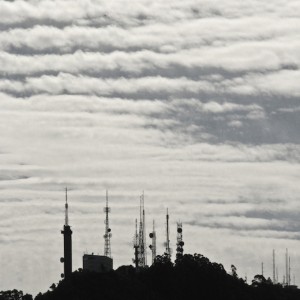
 The “Noise,” “Avant Garde,” “Experimental,” “Glitch” genre (or whatever you want to call it) is a scene that hasn’t really had any “rising stars” in a long time. Not that it’s ever had any “stars,” as such. A better analogy would by akin to a published professor who’s papers are held up as credible benchmark to their chosen science, but are then forever expected to trade off their token “Eureka!” moment so that it may be studied by future generations.
The “Noise,” “Avant Garde,” “Experimental,” “Glitch” genre (or whatever you want to call it) is a scene that hasn’t really had any “rising stars” in a long time. Not that it’s ever had any “stars,” as such. A better analogy would by akin to a published professor who’s papers are held up as credible benchmark to their chosen science, but are then forever expected to trade off their token “Eureka!” moment so that it may be studied by future generations.
While the 90’s saw a steady rise of highly experimental, minimal soundscaping as electronic music in general exploded throughout the underground, younger new producers have since tended to jump on passing bandwagons rather than truly develop a sound for themselves, or explore (less financially lucrative) experimental terrain. While names like Alva Noto, Sutekh and Matmos found their feet and their profile’s rising around the turn of the millennium, the genre’s true pioneering, post-Musique Concrète chin-strokers of the Mille Plateaux and Thrill Jockey type-camps are very much still the active torch bearers of the scene, and have been largely untroubled over the years by any young whipperesnapper keen to dethrone them. After all, this isn’t dubstep, and is perhaps one of the few corners of electronic music where age and experience really do account for success, and the glossy marketing potential of something newer, younger and perkier simply mean nothing. However, it is somewhat refreshing to notice the development of a genuinely promising emerging young talent within the field, who clearly has a massive “thing” for this niche corner of music; 21 year old Polish-born but Connecticut based Derek Piotr. An artist who in the space of barely five years has gone from bedroom producer to interning for Meredith Monk, producing an entire collaborative project with AGF on 2011’s AGORA album, and attracted the likes of both Scanner and Blevin Blectum to contribute remixes to said album’s remixed counterpart, AGORA Regathered.
Piotr’s approach could easily be summarized as “building” or “sound construction.” Carefully processed, minimal and manipulated layers of various instruments, beats, clicks, field recordings and his own vocals are lowered down from above and slotted together with the delicate precision but contradictory force of an industrial crane, placing steel girders into concrete foundations and often leaving you in the centre his own musical construction site. While at times, as with any “sound artist,” if you’re not in the right frame of mind to focus on this technique, it can often leave you desperate for the plasterers and interior decorators to come in and spruce the place up a bit. But, when approached with a wide imagination and appreciation, standing in the middle of that construction site can really set the imagination alight, and allow you to become your own sonic decorator who can only get to work after really appreciating and working with the foundations beneath their feet. As Derek Piotr proves on his newest effort Airing, he is growing ever closer to wielding that very platform with ease and confidence.
As with any good ‘experimental’ album, there is, of course, a concept. Airing (as in “Air—Ring,” as we’re duly informed) pays homage to the early composers of electro-acoustic music, and explores the relationship between how these opposing elements interact. While that in itself is a pretty standard blurb for nearly all electronic musicians at some point in their career, Piotr’s angle on the subject is greatly narrowed down to “radio waves and bells,” and how mostly chimed or struck instruments (such as bells, croatles and cymbals) weave around the waves of electronically produced sound, with the vision of how such experiments would sound during a vintage midnight shipping broadcast across the airwaves. Despite getting off to a slightly jarring start with the brash and brittle pelt of raw beats and highly dissected vocal cries on “Colossus,” the album duly unfolds and genuinely engrosses at times when the balance between the electronic experimentation and acoustic treatment reach a frequent equilibrium.
Piotr’s usual staple instrument (his voice), which on previous releases has been his own headliner, has been reigned back and only prominently features on just three of the fifteen pieces here. Otherwise it has been selectively woven around most of the other pieces and left to add texture and cohesion where they otherwise would have left their angular corners exposed. “Will Rise (Will Love)” quietly and steadily takes what sounds like a walk down a corridor in hard shoes and drizzles it in a manipulated backdrop of chimes and clicks as Piotr and the girlish vocals of Lisa Ackerly softly duet to eerie effect. While the two following pieces, “Święte Marsz” and “Glass Broadcast,” both fold out the very concept of the album plainly open on the table like a road map. The former taking the bells and chimes into a brief, rhythmic, coma-like state, and the latter washing delicate crunches and insect like clicks through an air of light interference and atmosphere. While there are more than just a handful of these shorter, minimal affairs that lean in either one direction or the other, they tie the collection together neatly and help carry you over the slightly clunkier moments where the scales tip toward the more challenging on the ear, such as on “Islets,” where vocals, chimes and a simple harsher beats are all left to float a little too exposed on the surface of an unsettled, choppy water.
While never allowing the intensity to stray too far, moments such as “Nineweek,” “Marsz Ducha” and the beautiful “Clandestine Spread” with its pizzicato strikes and surprise inclusion of warm violin strokes, are where all elements find themselves working in fluid unison, and give Piotr’s sonic construction site a green, moist and fertile ground. Closing piece “Vehicle” adds another warm pulse to the album, by turning Piotr’s sombre lone-choir into an almost monk like hymn, as the deep bells and distant reverb carries the it along for over six minutes.
Like all truly experimental concept collections, when you’re likely to be in the mood for this kind of body of work is a niche occasion in itself. However, in openly seeking to explore the album when writing this review, I found its generosity to open and unfold apparent with each repeat, and sounds that were previously missed jump out and surprise each time as though you were listening to an entirely new record once again, bar its few rougher moments. Despite his youth, Piotr’s determination and conviction to his cause is admirable and can not once be questioned throughout Airing. Although some of the corners of his angular sonic construction site will likely remain bare and un-plastered for a while yet, he is already making impressive steps forward in allowing the open minds of his listeners to become their own architects on top of his solid, well surveyed and fertile foundations.






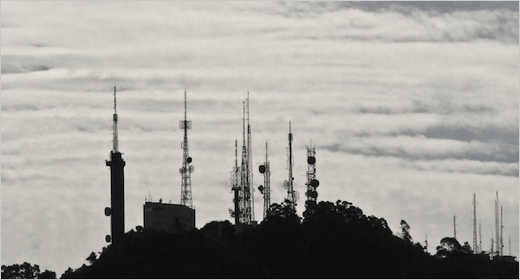




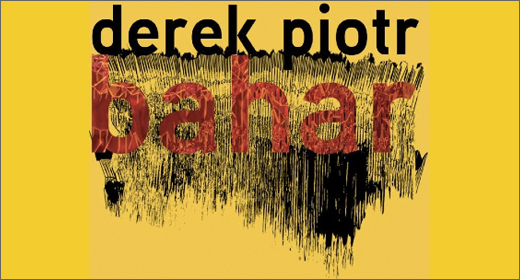
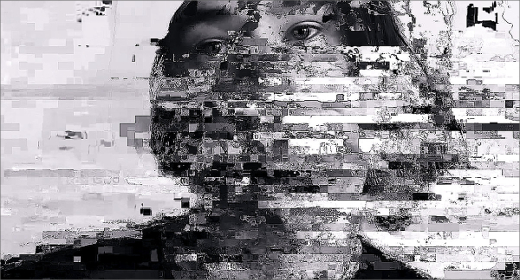
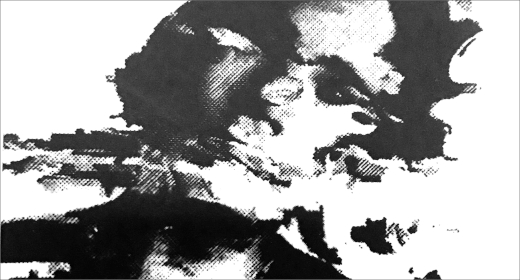
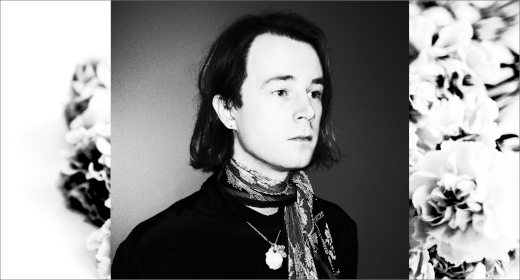
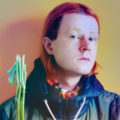

![Ndorfik & madebyitself :: Solos EP (People Can Listen) — [concise]](https://igloomag.com/wp/wp-content/uploads/2025/04/ndorfik-madebyitself-solos_feat-75x75.jpg)








